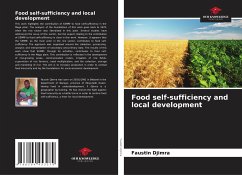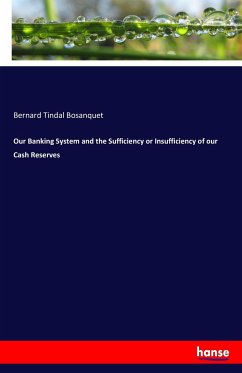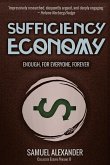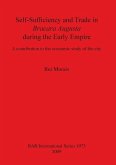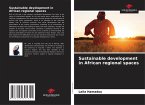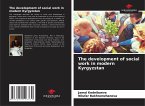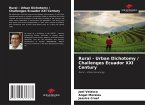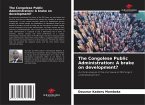This work highlights the contribution of SEMRY to food self-sufficiency in the Maga plain. The analysis of the foundations of this work goes back to 1979, when the rice sector was liberalized in this plain. Several studies have addressed the issue of this sector, but the aspect relating to the contribution of SEMRY to food self-sufficiency is clear in this work. However, it appears that the SEMRY, as the main actor in the rice sector, contributes to food self-sufficiency. The approach was organized around the collection, processing, analysis and interpretation of secondary and primary data. The results of this work show that SEMRY, through its activities, contributes to food self-sufficiency in the Maga plain. This contribution is reflected in the development of rice-growing areas, communication routes, irrigation of rice fields, supervision of rice farmers, seed multiplication, and the collection, storage and marketing of rice. The aim is to increase production in order to combat food insecurity and lay the foundations for socio-economic development.
Hinweis: Dieser Artikel kann nur an eine deutsche Lieferadresse ausgeliefert werden.
Hinweis: Dieser Artikel kann nur an eine deutsche Lieferadresse ausgeliefert werden.

